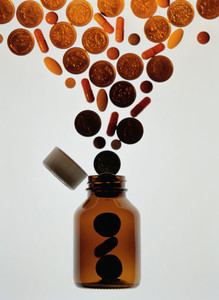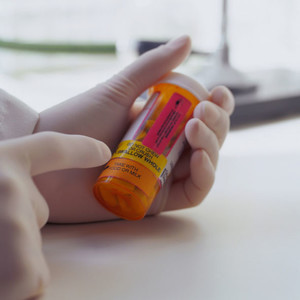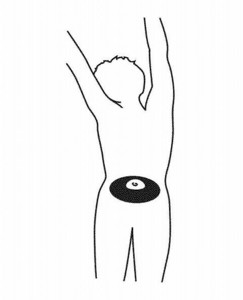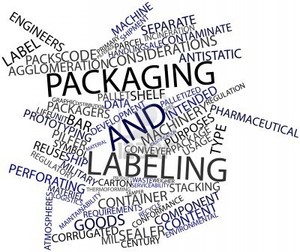Canadian researchers have called for the cost-effectiveness of drug products to be routinely reassessed. Their study, published in Current Oncology [1], has shown that cost-effectiveness of products alters significantly after generics are introduced. This has big implications for healthcare budgets and access to medicines, in Canada and worldwide.
- INICIO
-
Genéricos
Novedades
- FDA approves generic teriparatide and levetiracetam
- US generics launch and approval for Dr Reddy’s and Lupin
- Five Chinese companies join UN’s MPP for Covid-19 medicines
- South Korean companies to make generic Bridion and COVID-19 drugs
Investigación
- Japan’s drug shortage crisis: challenges and policy solutions
- Saudi FDA drug approvals and GMP inspections: trend analysis
- Generic medications in the Lebanese community: understanding and public perception
- Community pharmacists’ understanding of generic and biosimilar drugs: Lebanon case study
General
- Crecimiento de medicamentos genéricos en Brasil y Venezuela
- EMA launches European shortages monitoring platform to tackle persistent medicine shortages
- Penetración de los medicamentos genéricos en México y Brasil
- FDA releases one-year progress report for the Generic Drug Cluster
-
Biosimilares
Novedades
- FDA approves third interchangeable ranibizumab biosimilar Nufymco
- FDA approves Poherdy (first interchangeable pertuzumab) and Armlupeg (pegfilgrastim) biosimilars
- EMA recommends approval for insulin glargine biosimilar Ondibta and denosumab biosimilar Osqay
- FDA approves denosumab biosimilars Osvyrti and Jubereq, Boncresa and Oziltus
- MORE EDITORIAL SECTIONS
- Search








 0
0











Post your comment